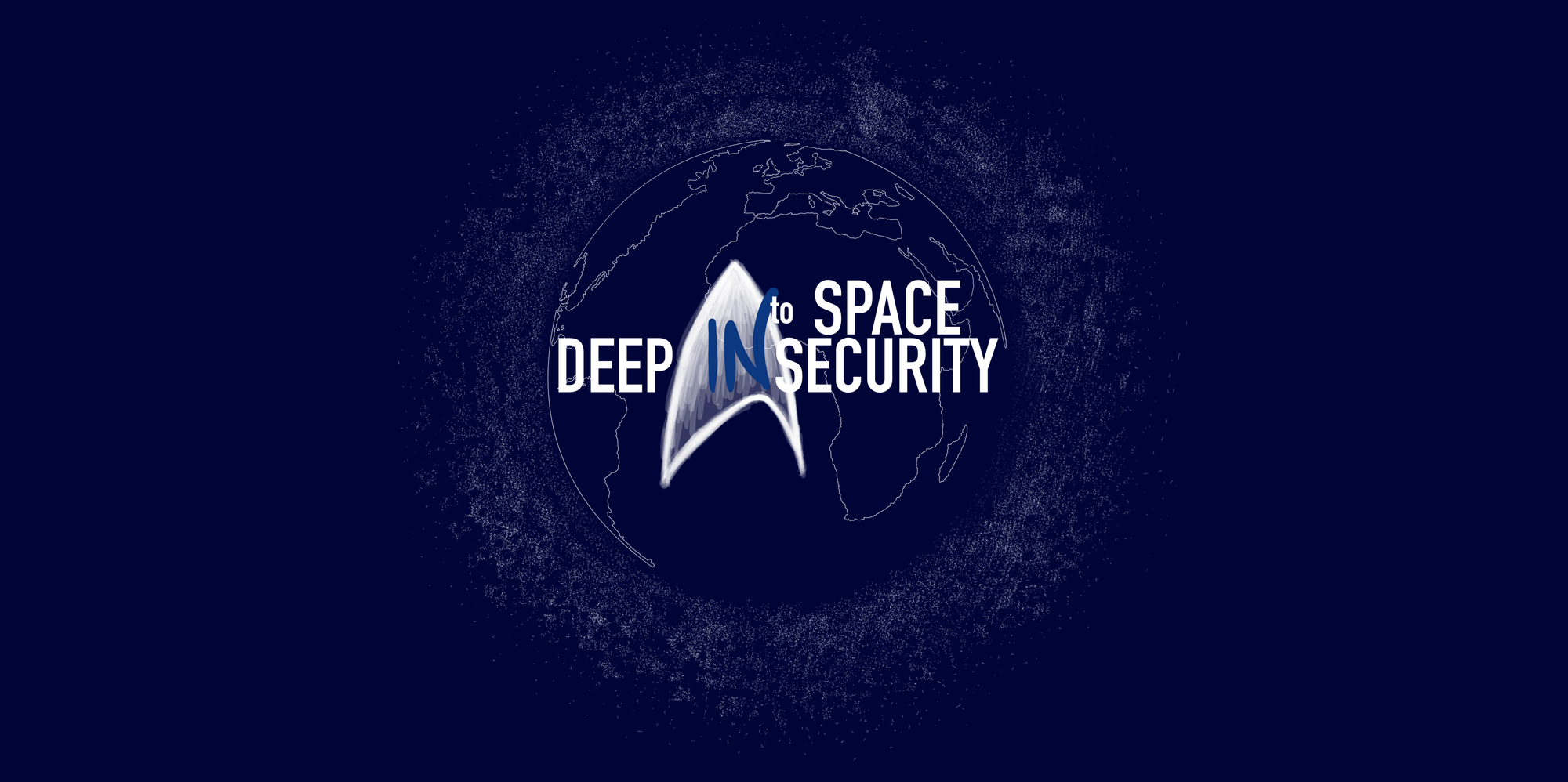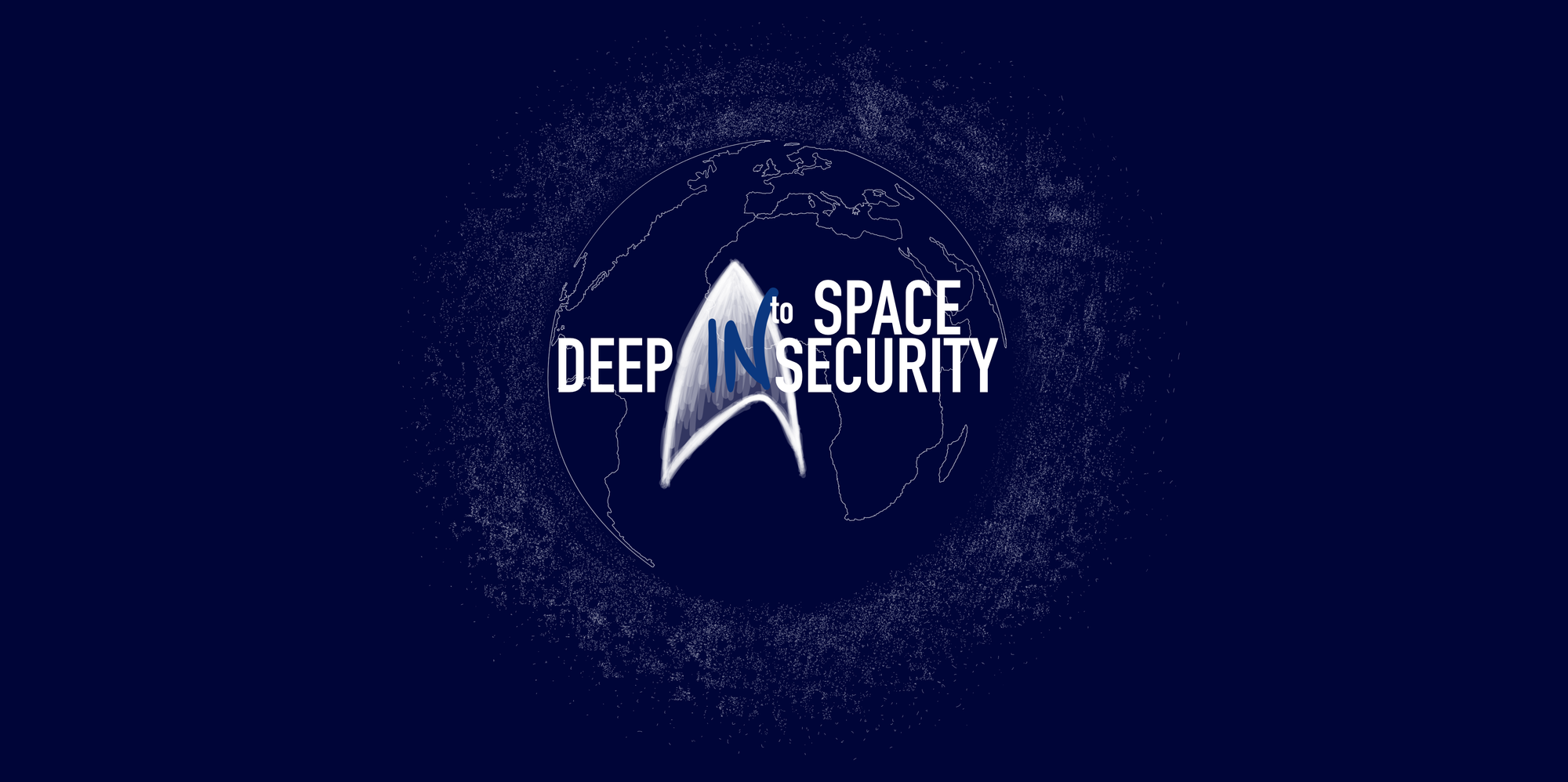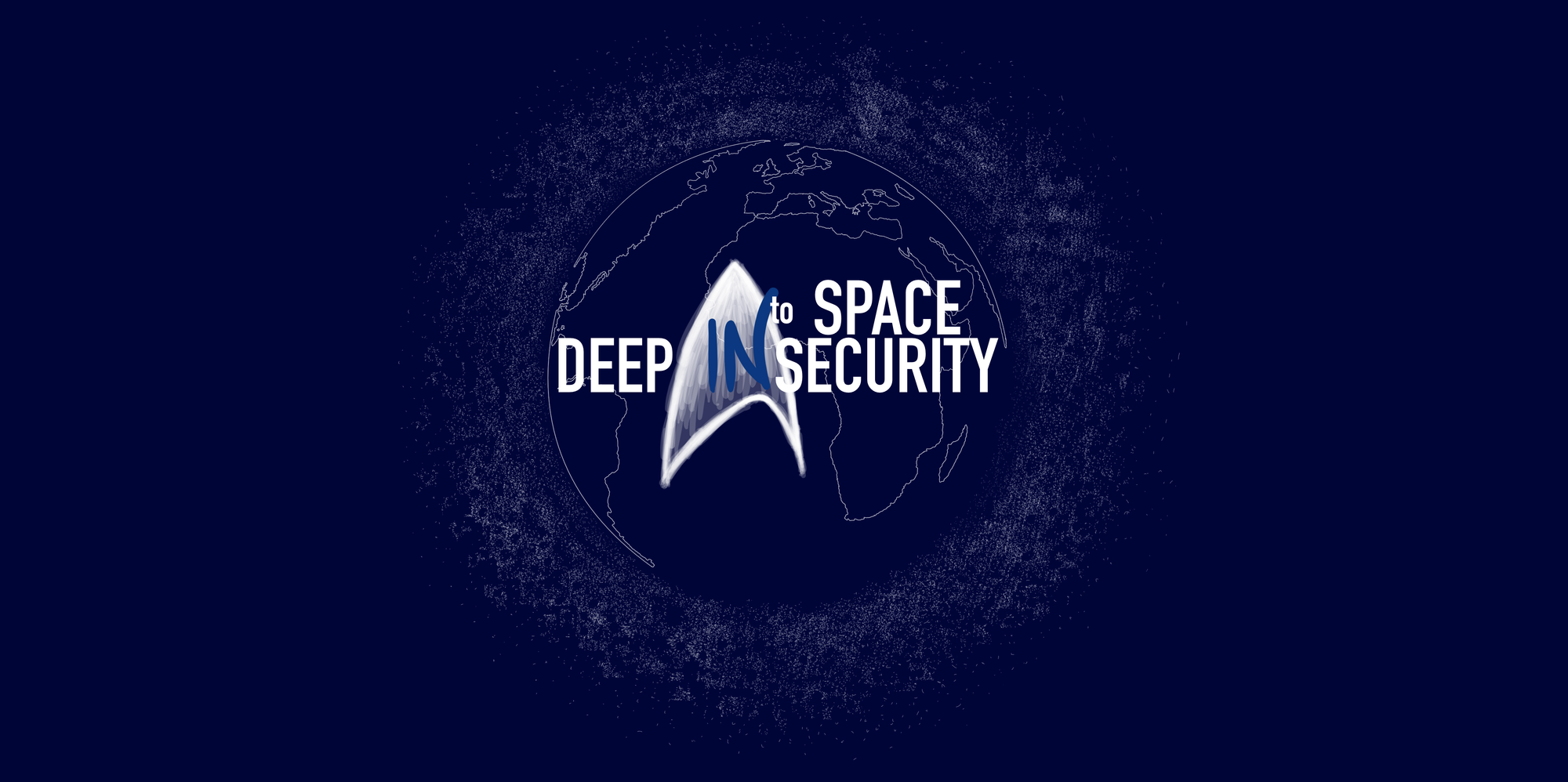
Deep Into Space Security
Recent years have witnessed a rapid populating of the outer space environment, which has increased its congestion and consequently provided an impetus for competition.
However, it was not exclusively state actors who populated outer space since in recent times also commercial actors started to develop space technologies, bringing innovation and benefits to everyday life here on Earth.
Despite the emergence of new non-state actors in this domain, the use of space by states to enhance their military capabilities has not diminished. On the contrary, the utilization of new space technologies, which have reduced development expenses, has led to a rise in the number of nations depending on them for their national security.
“The growing use of, and reliance on, space for national security has also led more countries to look at developing their own counterspace capabilities that can be used to deceive, disrupt, deny, degrade, or destroy space systems” (Weeden & Samson, 2018, p.x).
In fact, the laws of physics and orbital mechanics introduce new rules and constraints that space assets, and, consequently, classical strategies for their protection, have to deal with.
Moreover, as just mentioned, the pervasive use that is made of the services offered today by space technologies, not only in the military and security domain but also in the civil sphere for daily activities, makes the importance of ensuring the security of these assets even more pronounced.
Indeed, there are “also greater potential consequences from their widespread use that could” arise from a potential conflict in the space environment, resulting in “global repercussions well beyond the military, as huge parts of the global economy and society are increasing reliant on space applications” (Weeden & Samson, 2018, p.x).
...
The purpose of this website section is
Welcome to AstroPolitics
“the study of the relationship between outer space terrain and technology and the development of political and military policy and strategy”, also called the “geopolitics of outer space” (MacDonald, 2007, p.606)




